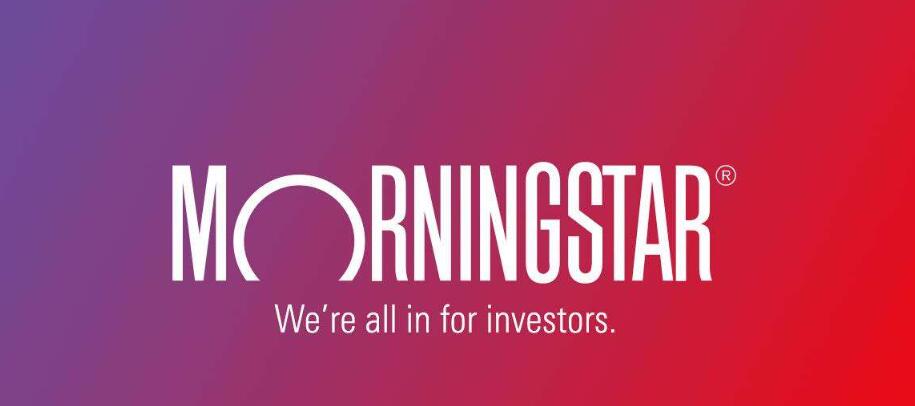
Wall surface Road banks provide a valuable service to businesses by connecting them to sources of cash to fund their growth. While investment financial institutions are truly blamed for making it possible for substantial conjecture– the real estate boom as well as bust, for beginners– they get the job done of an intermediary, attaching buyers of businesses with sellers, funders with fundees, and so on.
While Wall surface Street has always appeared to benefit from business “disruptors” that swipe a firm’s business by providing a better services or product, progressively it’s the extremely financially rewarding Wall surface Street banks themselves that are being interfered with. Suddenly it’s the “financial masters of the universe” who require to monitor their shoulder as brand-new competitors try their dominance.
Right here are three ways that traditional Wall surface Road businesses are under fire.
1. Fees are shrinking as low-cost rivals proliferate
Wall Street property managers are being pummeled by fee compression, the persistent decrease of fees for handling money. From 2009 to 2018, the average expense ratio on a stock common fund declined from 0.87 percent to 0.55 percent. Those profits are extremely rewarding for these companies, due to the fact that as soon as they invest in the basic solution– a mutual fund, for example– they can provide the very same fund to the following client at little additional price. That causes a great deal of earnings as the fund expands.
There are countless rivals that have actually been attacking this cash cow for several years. Lead is one of the most well-known, as well as it’s collected greater than $5.2 trillion in assets under monitoring since January 2019. The costs on its mutual funds and ETFs sit at the reduced end of the marketplace, commonly below 0.1 percent. In fact, its business required is to reduce expenses and also pass on the savings to investors.
Various other traditional competitors have actually priced their funds boldy, as well. For instance, Integrity Investments has actually reduced fees on some of its larger mutual funds to 0 percent. In other words, the recurring yearly cost to investors to hold the fund is nothing.
It’s not just these traditional gamers yet additionally upstarts such as robo-advisers that have actually been reducing expenses and raising clients’ assumptions for low costs. A typical robo-adviser such as Wealthfront, Betterment or Ellevest has valued its possession administration services as low as 0.25 percent of assets annually. That’s incredibly affordable for the top quality of services provided, consisting of benefits such as tax-loss harvesting, automated rebalancing and goal-based preparation.
If that’s insufficient, affordable brokerage firms such as Interactive Brokers have been striking the banks’ trading revenues for years. Much more lately, Robinhood has gone one much better, without compensations in any way. Add everything up, as well as opponents have actually been undermining at Wall Road’s charges.
What it suggests for you: Lower fees with the exact same or perhaps a greater degree of solution is a substantial advantage to consumers and also investors. You can now obtain affordable or even complimentary property management by possessing a shared fund or ETF. If you desire someone to manage your portfolio, the cost for a basic robo-adviser is just 0.25 percent, or $2.50 each year for each $1,000 spent.
2. Large investors are bypassing big banks for access to corporate management
Large investment financial institutions connect investors with business, and the financial institutions have used this fortunate setting for many years to charge investors for access to the management teams of the firms they possess stock in– thousands of millions, according to the Wall Street Journal. In a normal bank-backed meeting, asset supervisors hear discussions from executives or tour the company’s centers as well as may also obtain individually access to a CEO.
Now five of the biggest possession supervisors are seeking to change that sector and also bypass the significant charges. Fidelity Investments, Capital Group, Wellington Monitoring, T. Rowe Price as well as Norway’s government fund are organizing their own meetings.
The driving force for these asset managers is the compression of charges for their funds. As the quantity they can bill for funds declines, because of competition from startups such as robo-advisers, property managers need to cut costs, as well. So property supervisors are doing an end-run around the huge banks by establishing their very own conferences.
Various other big possession managers such as Blackrock have established their own inner gain access to teams for similar factors, to trim the expenses charged by the large investment banks
If effective, the brand-new meetings organized by property managers might replace the preferred meetings run by large banks, requiring the financial institutions to reduce prices in other areas such as research.
What it implies for you: In order to reduce costs as a result of reduced access fees, the large banks might cut back on research records that they create for investors, and that could suggest the complimentary research that you receive from your broker might slowly disappear. Nevertheless, investors are still profiting widely from the reduced fees overall on preferred items such as common funds and ETFs.
3. Companies are going public without the help of banks
Among the most profitable business lines for Wall surface Street banks is the going public, or IPO. IPOs get terrific press as well as eminence, as well as the banks can bill quite a bit for running them– around 4 to 7 percent of the cash raised, according to working as a consultant PwC. Yet with the help of modern technology as well as a growing globe of exclusive financing, potential stock debutants may just not require Wall surface Street financial institutions as high as they utilized to.
A couple of top-level stock debuts over the last couple of years– Slack and also Spotify– were not IPOs in any way, yet rather direct listings. In a direct listing, a company does not elevate cash from its launching, yet its shares appear to trade on the exchange as company experts make a decision that they wish to sell them. Experts put a sell order on the exchange, and a normal investor can get them directly from an expert.
A direct listing is reasonably straightforward, yet this process reduces the middleman– the Wall Street financial institution– out of its profitable stream of costs for underwriting and marketing the brand-new IPO.
A company may take on a direct listing since it has no requirement to elevate cash from outside investors. In other words, it can finance itself. In contrast, a few of the largest money-losing companies to hit the market were IPOs– consisting of such heavyweights as Uber as well as Lyft– and also they required the big financial institutions to sell shares to the public as they were shedding way too much cash.
What it implies for you: To create significant interest in a new IPO, banks might hype the business to the skies, typically resulting in overinflated assumptions and assessments. If business can avoid this buzz equipment by using a direct listing, investors might be able to buy newly listed supplies for much less. Also, by buying via a direct listing, investors aren’t stuck supporting an IPO process in which just well-positioned insiders at the huge banks obtain access to the best stocks at the expense of others.
Bottom line
Competition has been heating up in all sort of industries, yet finance has been one of the last to really feel the heat. Yet brand-new digitally enabled startups and also others who are fed up with Wall Street’s substantial charges are assaulting the grip that the large financial institutions have actually had on the industry for decades. The more powerful competition is resulting in decrease charges– which’s an excellent win for smaller investors.




